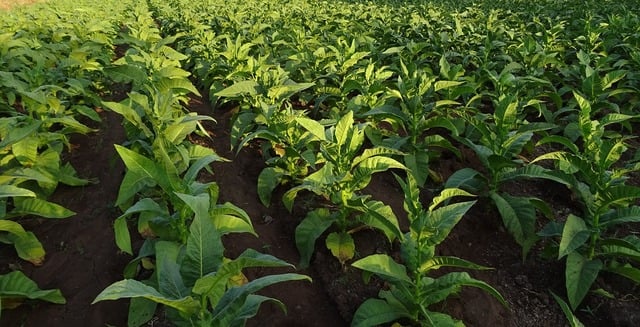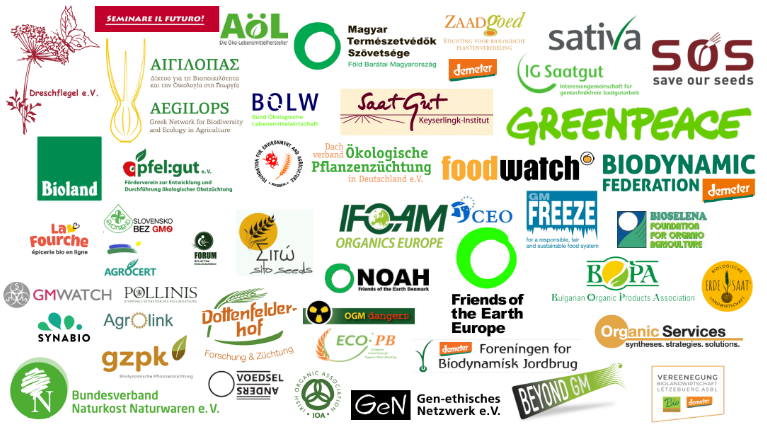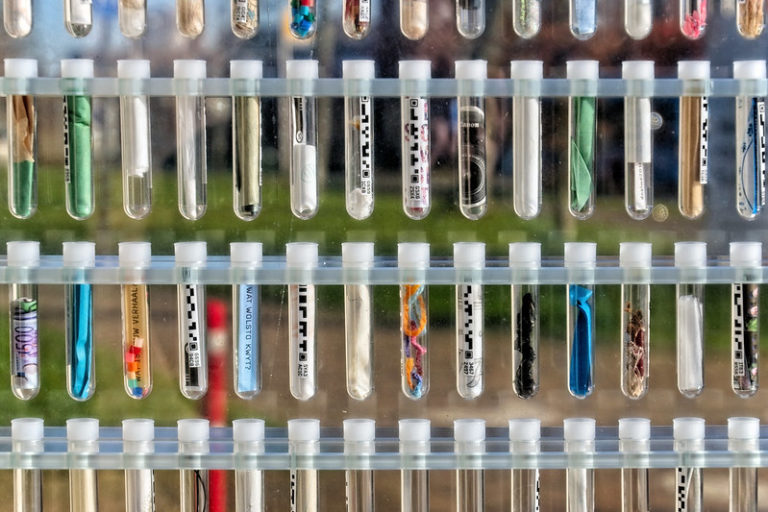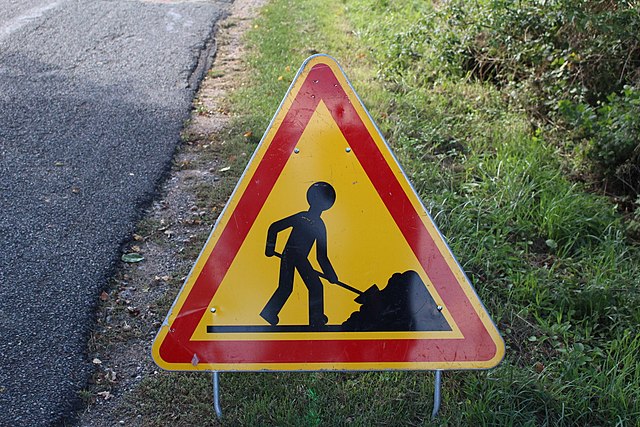News
Polish proposal on patents and GMOs casts doubts among Member States
In January 2025, Poland, president of the Council of Europe, put a proposal on the table of EU member states to “solve” the patent problem that had arisen in the debate on deregulating GMOs obtained by new techniques. Complex and of uncertain effectiveness, the Polish proposal has plunged everyone into doubt. Discussions on this text may therefore not be concluded before Denmark, whose government supports total deregulation of GMOs, takes over the presidency of the European Union.

After Spain, Belgium and Hungary, Poland is the fourth country to hold the presidency of the Council of the European Union since the publication, in July 2023, of the Commission’s proposal to deregulate non-transgenic GMOs. It is now Poland’s turn to lead discussions between EU member states until June 30, 2025. On January 7, 2025, Poland proposed a text on which it hopes to reach a compromise.
Maintaining the idea of deregulation
The proposal put forward by the European Commission in July 2023 stipulates that the vast majority of GMOs will no longer be assessed, labeled or traced… Poland does not go back on these points, and therefore makes no proposal to restore risk assessment, for example. Some member states had nonetheless requested this. Similarly, Poland does not propose the restoration of compulsory labelling to inform citizens of the genetically modified nature of products on the market.
Last but not least, and especially in view of the current debates, Poland is not proposing to reintroduce an obligation for companies to provide a method for detecting and identifying their GMOs obtained through new techniques of genetic modification.
Know your patents before marketing a deregulated GMO plant
The Polish proposal, on the other hand, addresses the issue of patents, concerned from the outset that GMO deregulation should not open the door to too much corporate power via patents associated with techniques or products. Poland has therefore put forward a proposal to the member states. In theory, it’s a fairly straightforward proposal, but its legislative wording and practical feasibility is uncertain.
In absolute terms, Poland’s wish is simple: a plant genetically modified by a new technique could be granted NTG1 status – the status leading to deregulation – provided that the presence of patents on process or product is verified beforehand. If patents are present, these NTG1 plants would, for example, have to be labeled to indicate this “presence” of patents.
It therefore proposes, as a first step, that the procedure to verify NTG1 status carried out by the authorities of a Member State should include information supplied by the petitioner, indicating the absence of patents or declaring that it renounces all patents. These declarations would be verified by the European Commission. If no patent is claimed, or if the petitioner has renounced all claims, the NTG1 plant would be marketed without labelling, risk assessment, traceability, etc. On the other hand, if patents are present and/or the petitioner does not renounce their claim, NGT1 plants could still be marketed, but with compulsory “patent protected” or “patent pending” labelling. In the same situation, Poland also proposes that a member state should be free to prohibit the cultivation of such plants.
It should be pointed out here that this verification procedure can only be carried out by public authorities (national or European) if the necessary information exists. At present, patents are granted without any obligation to declare the genetic or proteinic information covered by the patent. Furthermore, the absence of any obligation to provide a method of detection and identification will in fact constitute a major limitation on the proper conduct of post-market controls.
An oversight by Poland…
In addition to the complexity of the wording, Poland forgot to close a door that would allow the patent procedure to be dispensed with. As drafted, the proposal imposes this procedure in the case of an administrative procedure aimed at commercializing a plant genetically modified by a new technique. But its implementation in the case of administrative steps to conduct field trials is more uncertain. Poland writes that “the person intending to place on the market reproductive material of a category 1 NGT plant shall submit to the Commission [a ‘patent verification request’]”i. However, in line with the European Commission’s proposal, Poland has maintained the principle that a request for verification of NTG1 status should only be made with a view to marketing if it has not already been made for a field trial. If the patent verification is only required for a marketing application, it will be sufficient to make the same request for a field trial, and the company will then not be subject to this obligation… It will, however, still be required to label its seeds as being covered by one or more patents.
… and a problematic difference in treatment
While Poland’s proposal focuses on so-called NTG1 plants, there is no proposal to modify the framework for so-called NTG2 plants (defined as all plants obtained by new techniques not classified as NTG1). For example, while the Commission had proposed labelling NTG2 plants in line with current GMO legislation, Poland does not propose “patent” labelling as for NTG1 plants. Yet these NTG2 plants are indeed organisms covered by patents.
Mixed reactions
Meeting in a working group of the Council of the European Union on January 20, 2025, representatives of the member states expressed their doubts about the Polish proposal. According to comments collected by Politicoii, the Polish solution poses more problems than it solves. Faced with the proposed wording, some member states appears to have doubts regarding the legal validity of the polish proposal many reservations were therefore expressed.
Reactions from associations and unions opposed to GMOs are no less dubious. The European Coordination Via Campesina (ECVC) believes that, on the question of patent risks, “the solutions proposed by Poland will not address these risks any better than Belgium’s previous proposal”iii. The union believes that Poland should have proposed first and foremost to re-establish the obligation to provide detection and identification procedures for plant GMOs obtained by new techniques. This would have been more effective than proposing “very complex procedures that will allow the majority of GMOs derived from NGTs to be authorised without it being possible for farmers and traditional seed producers to identify them in fields and supply chains, or for States to ban their cultivation in their territory”. ECVC also points out that “many of these measures are also contrary to European competition law, which allows restrictions on trade only based on ethical, health or environmental issues, and not on concerns related to intellectual property”.
For Friends of the Earth Europe, the Polish proposal continues to pose the same problems as the proposal made by the European Commission in 2023iv. The problem of patents remains unresolved, and the absence of labelling and risk assessment obligations is still present, which is highly problematic for the association. However, the absence of liability for companies marketing these GMOs means that the costs of protecting the conventional and organic sectors are borne by organic or “GM-free” processors and distributors, who do not want them. For Friends of the Earth Europe, “If this proposal succeeds, it could trigger a wave of patented plants across Europe’s fields, handing unprecedented power to agribusiness giants. Meanwhile, consumers will lose their right to know what’s in their plates, and farmers will bear the costs of preventing contamination”.
i Council of the European Union, 2023/0226(COD), « Regulation on new genomic techniques (NGT) – Revised Presidency text », Article 7bis point 1, 7 January 2025.
ii « Poland’s gene-editing gamble leaves EU countries baffled », Politico, 21 January 2025.
iii ECVC, « New GMOs and patents: Poland’s Illusory Solutions », 14 January 2025.
iv Friends of the Earth Europe, « New Polish draft on new GMOs: who wins and who loses », 9 January 2025.














